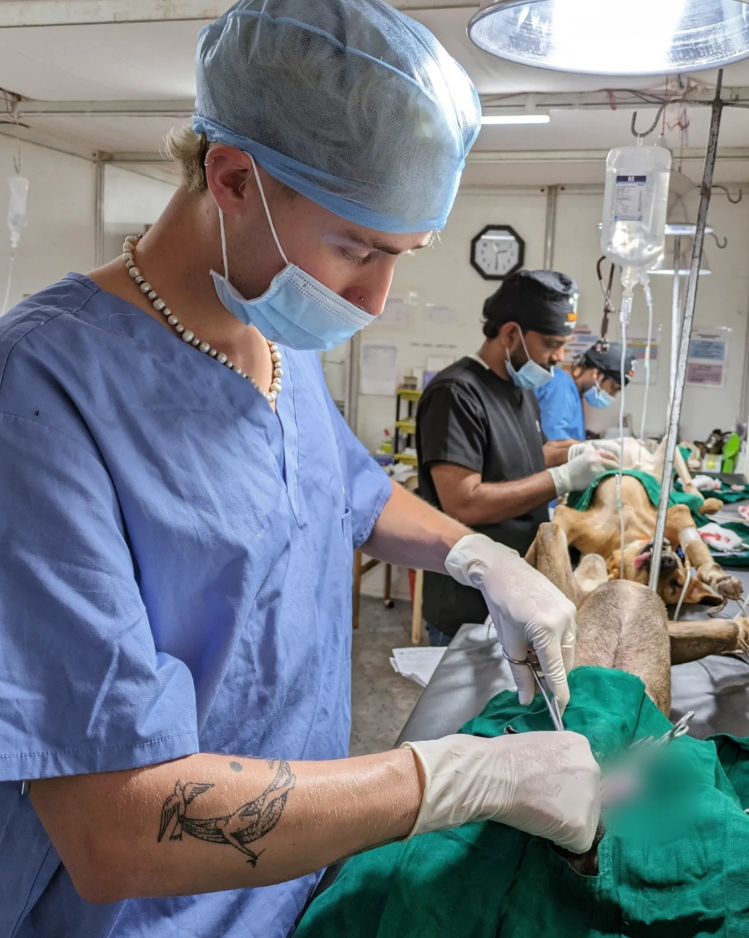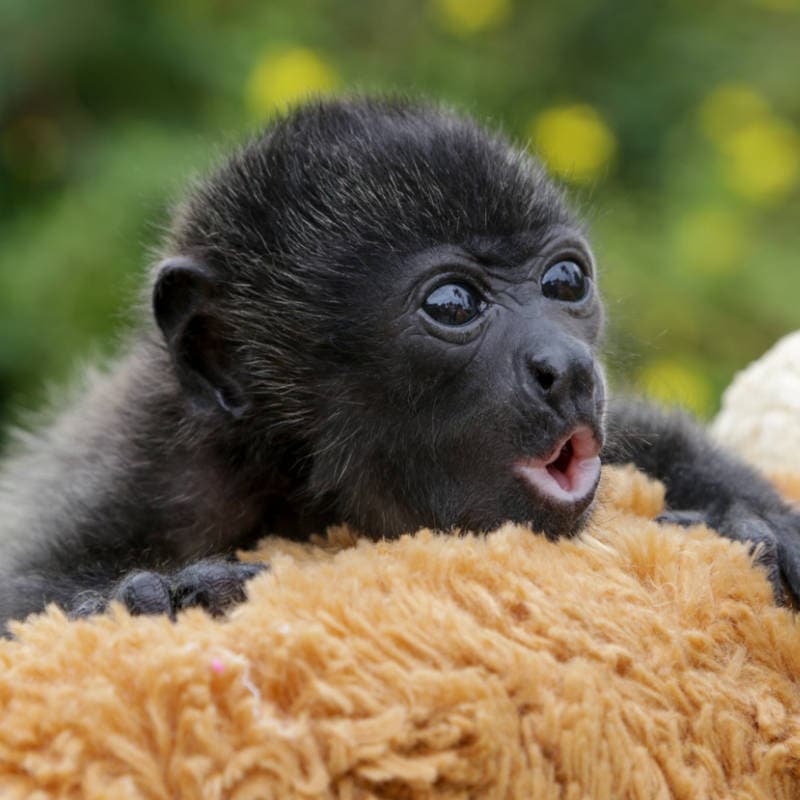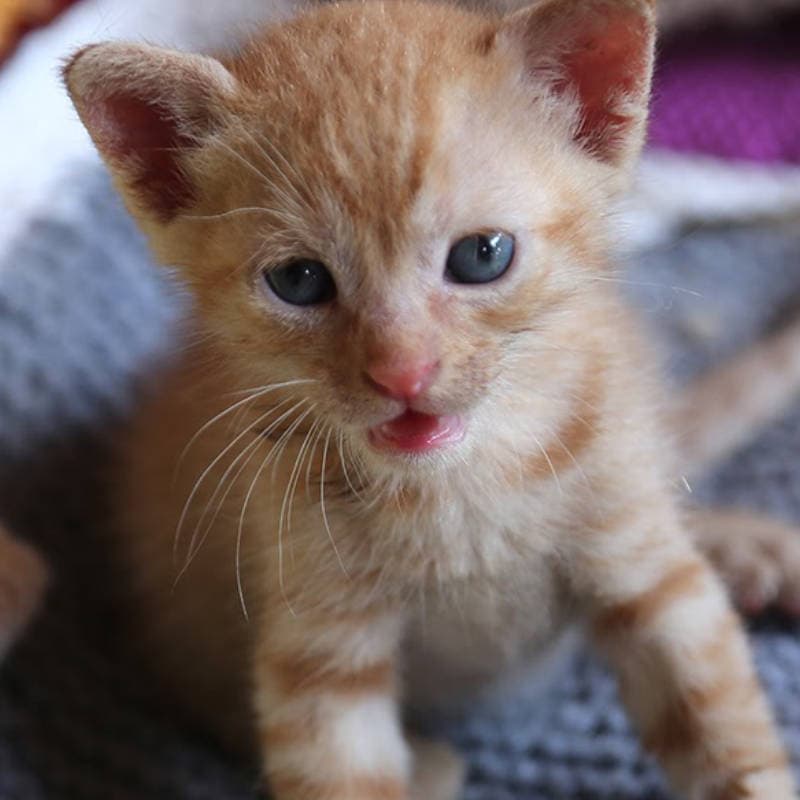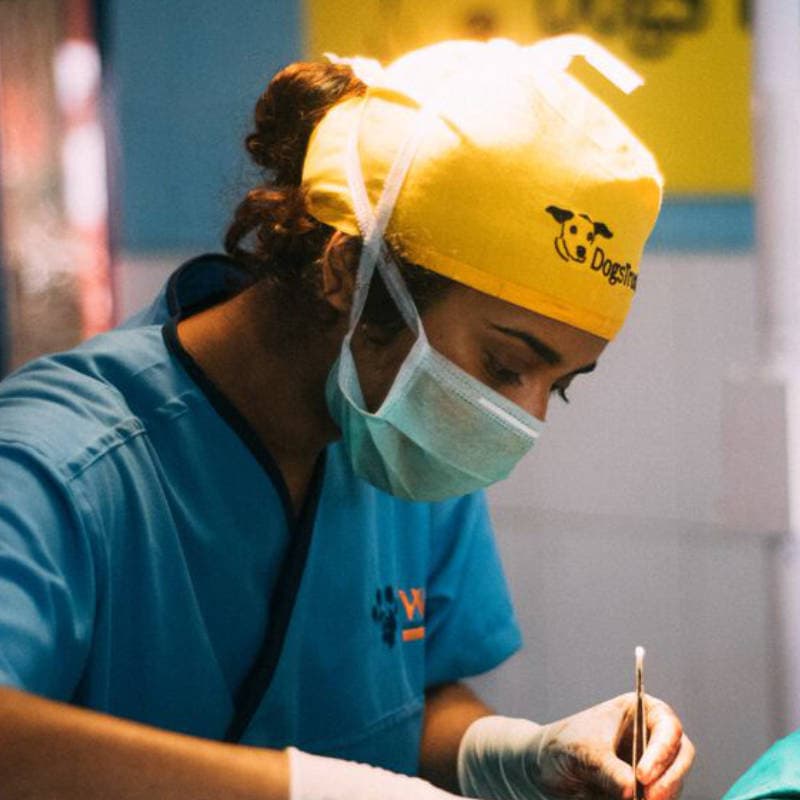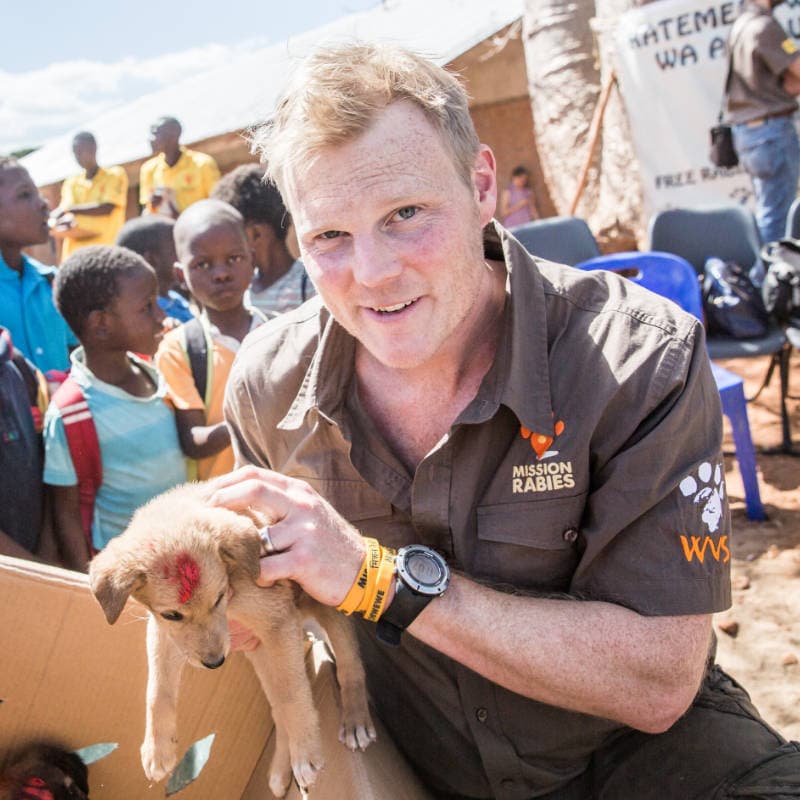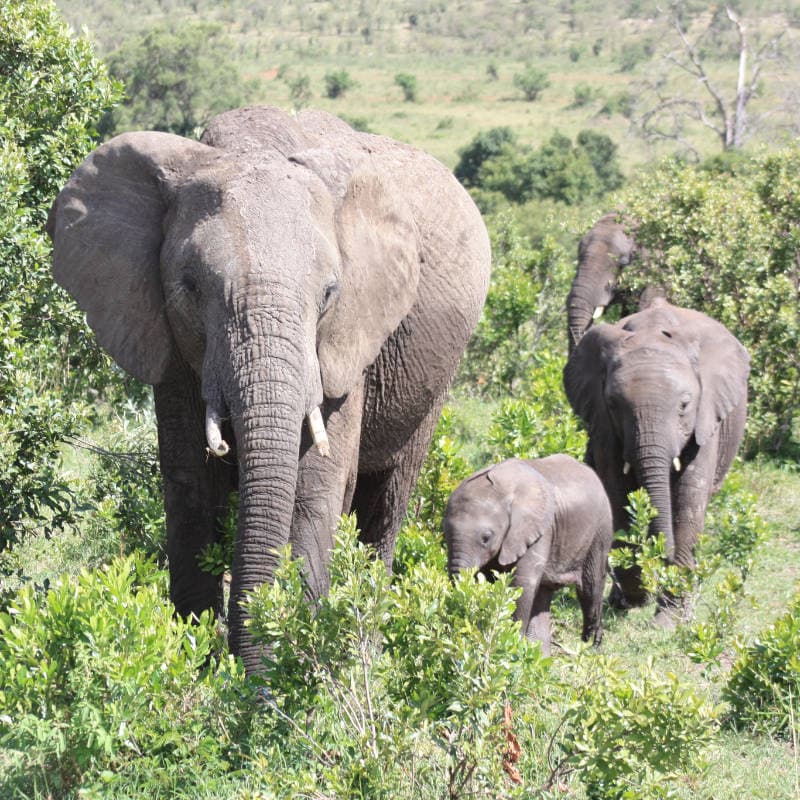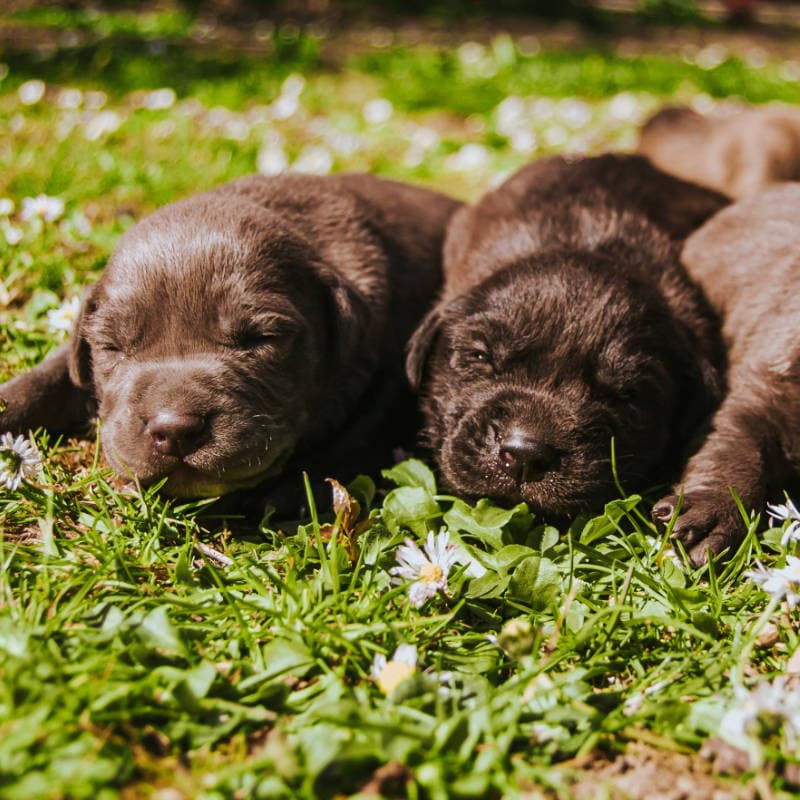Young Vets Club Role Models: Dr Ben
Meet Dr Ben, WVS's very own veterinary intern!
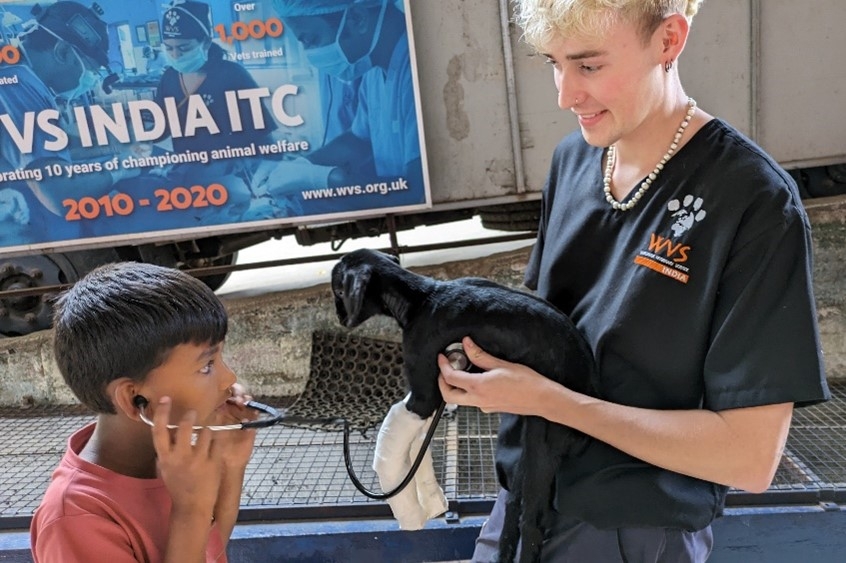
Dr Ben is the WVS veterinary intern. He graduated from vet school in 2022 and currently he is based in the Galápagos Islands. He spends his time helping out at our International Training Centre on Santa Cruz and creating videos to go on the WVS Academy for vets!
Hi Dr Ben! Tell us about your experience so far...
Hi, Young Vets! I started my course in Veterinary Medicine at the University of Surrey in 2017. Over my placements, I worked for a welfare charity in Kenya as well as looking after horses at a wildlife sanctuary on Lake Naivasha – I was riding them past giraffes and zebras! I also had a month-long final year rotation at Marwell Zoo near Winchester, where I assisted in carrying out clinical exams and treatments of penguins, flamingos, zebras and more! I graduated from Surrey in the summer of 2022.
I then went to work for a small animal shelter in Barbados for a 3-month volunteering position. I applied for a Turing scheme grant which helped fund my travel and gave me a living allowance during this time. Here I performed spay-neuter surgeries on free-roaming cats, alongside senior vets, and I tended the resident dogs and cats alongside a great team.
In January 2023, I was invited to work as a volunteer with WVS Thailand in Chiang Mai, to take part in clinical work whilst continuing to help develop the WVS Academy platform. Whilst working at WVS Thailand, Dr Amy Lewis invited me to join the team in travelling to Cambodia for the Phnom Penh mass vaccination drive to work as a team leader. This was an amazing experience and allowed me to meet WVS staff from all the different country projects.
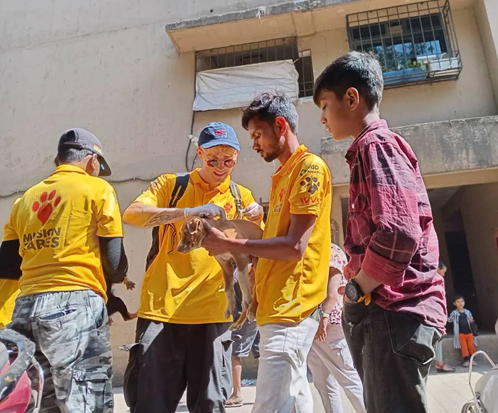
My job now involves me travelling to each WVS base (Thailand, Goa, Ooty, Malawi and the Galápagos Islands) to work for a few months at a time. The internship began in September 2023.
- I spent 3 weeks at Hicks, Goa, performing spay/neuter surgeries, seeing cases in the clinic, and joining planning meetings for the All Dogs Matter mass sterilisation camp.
- I then moved on to Chiang Mai, Thailand, where I spent the next 4 months. Here I worked alongside the Thai team, clinically working with inpatients, and also performing my own spay/neuter surgeries one day a week to keep my surgical skills up to scratch.
- After finishing my time in Thailand, I returned to India to work at the Ooty WVS training centre, in the Nilgiri Mountains of Southern India. Here I worked alongside WVS team in training local vets in spay and neuter surgeries. This was the first time I had taught surgery, and it was extremely fulfilling seeing how quickly the participants’ skills would improve. It was also a great way to grow my surgical confidence. Working in the clinic and treating people’s pets, I was also exposed to a variety of interesting cases, from dogs suffering leopard attack wounds, tropical diseases we don’t encounter in the UK, and even a baby goat needing leg splints (see the picture at the top of this page!).
- I am now at WVS Galápagos before going to the Malawi WVS clinic in January for 2 months. I can’t wait to see what new adventures are in store!
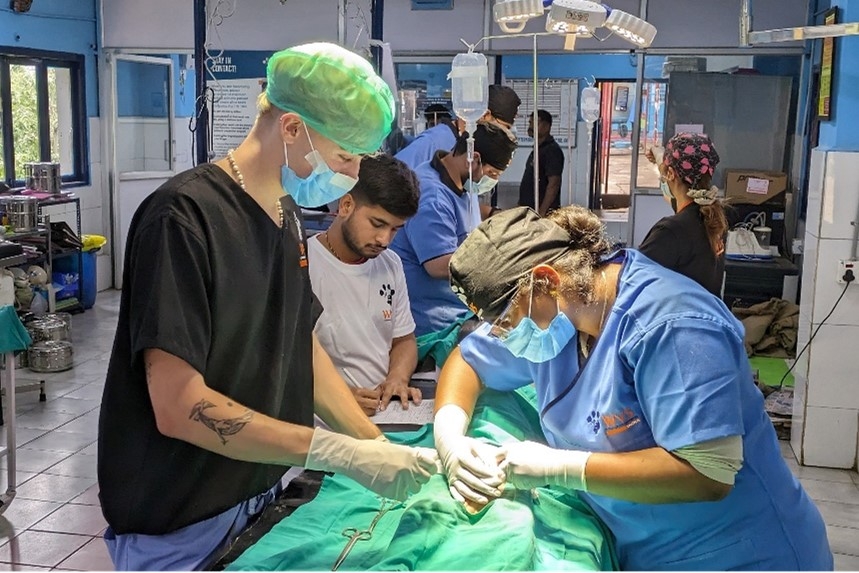
What inspired you to choose your career?
I first decided to be a vet when I lived in Ethiopia as a child. I had a strong bond with animals, having a number of pets (dogs, rabbits and a giant tortoise!), and seeing free-roaming dogs suffering from injuries and sickness made me want to help them. I was also upset I wasn’t allowed to befriend them due to the risk of rabies! When I grew up and learnt that being a vet would enable me to improve both human and animal lives. I’ve also always enjoyed sciences and problem-solving, and the chance to apply these to make a global difference as a vet with WVS is a dream come true.
What’s the best thing about your job?
My job has allowed me to travel and live in some amazing places I wouldn’t have seen otherwise. Travelling to such diverse places has allowed me to experience many different cultures and make lifelong friends from around the globe. Befriending staff from the different bases has been a joy, and it’s great to see how the teams contribute to animal welfare globally. My job has increased my confidence to travel, knowing that wherever I ended up in the world, I’ll be able to settle in and make friends. On top of this I love working for an organisation whose values I believe in, seeing the differences made to animal lives.
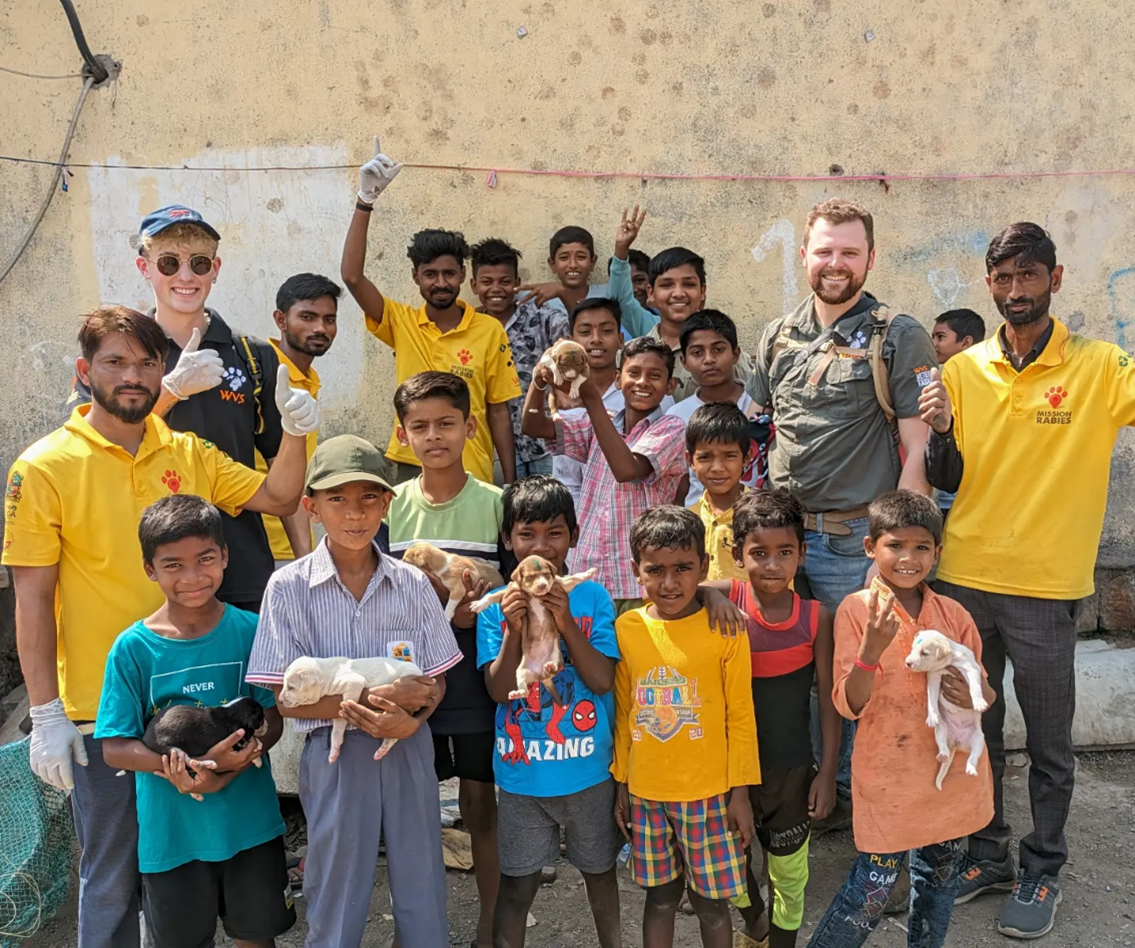
Share your advice for children who would like to become a vet or vet nurse:
Try and spend time with all sorts of animals – dogs and cats but also farm animals, horses and wildlife where you can, to learn about each animal’s different wants and needs, and how their behaviour varies. Make sure you have some hobbies as you’ll need a balanced life outside of working! Find ways to enjoy learning – you’ll be doing a lot of it so you might as well enjoy it – particularly focus on the sciences (Biology and Chemistry) and everything you learn will come in useful! To learn more about animal welfare and veterinary training, be part of Young Vets Club, check out the RSPCA website, the PDSA Petwise resources, as well as animal welfare resources from the Blue Cross, Battersea “Animals and Us”, and BBC Bitesize’s sections on animals.
What’s your favourite animal?!
It’s so hard to pick a favourite! I have a soft spot for dogs of course, because of their emotional intelligence and desire to live alongside humans. I also love alpacas for their funny human-like mannerisms and their crazy hairstyles. I also like how intelligent monkeys are and how they use this for mischief – I saw monkeys in Bali stealing people’s possessions and trading them back for bananas. The monkeys seemed to understand that a camera was worth more than a pair of sunglasses and demanded more bananas to give the camera back!
